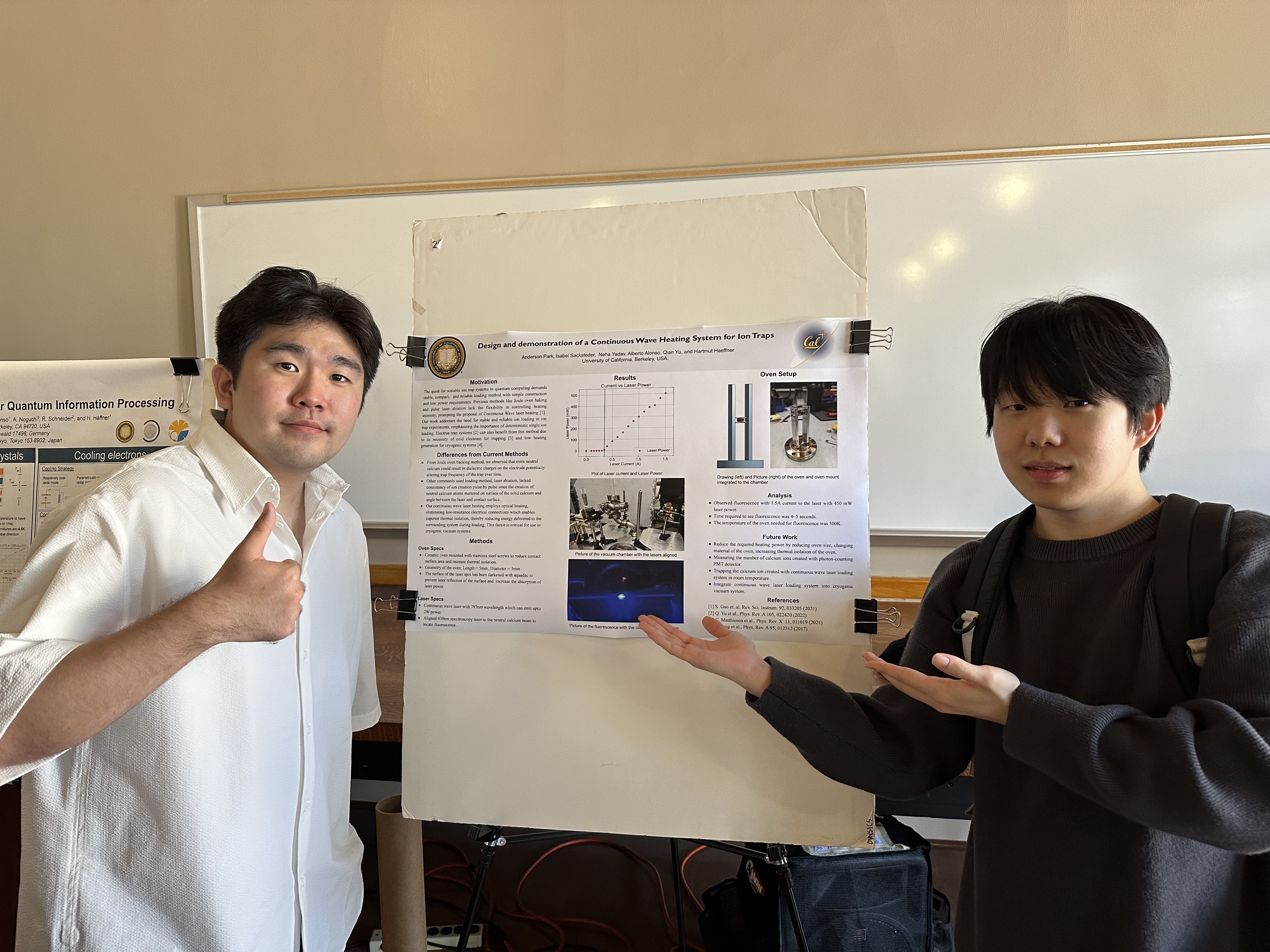About Me
Software engineer and Physicist
I earned my dual B.A. degrees in Data Science and Physics from UC Berkeley. I bring hands-on experience in building high-performance simulation tools, distributed computing frameworks, and scalable data pipelines. My technical foundation spans Python, C++, Java, and SQL, with a strong emphasis on machine learning, HPC, and end-to-end system design.
My project portfolio includes scalable word count systems using Ray, machine learning pipelines with PyTorch, and interactive web tools tailored for quantum research communities. I thrive in fast-paced, cross-disciplinary environments where clean architecture, data reliability, and impactful outcomes drive innovation.
